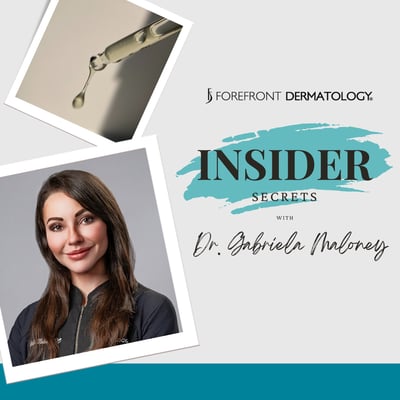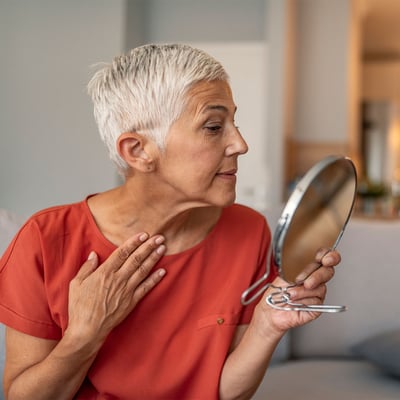
A cold sore is a small, fluid-filled blister, or blisters, that develop on the lips or around the mouth. Cold sores are caused by the herpes simplex virus (HSV-1), a highly contagious virus. They are common, with some individuals experiencing them often and others never showing any symptoms.
Cold Sores – the virus that never leaves
Once infected with the HSV-1 cold sore virus, the virus never leaves your body. Although most people aren’t exactly sure when they first encounter the virus, it’s usually contracted in early childhood, even if it did not manifest as a visible cold sore. The virus will remain dormant until it is triggered. Cold sore triggers may include colds, flu, fever, stress, fatigue, and environmental factors like sun and wind.
What are the signs of a cold sore?
A cold sore can start as a burning or tingling sensation on your lip or around your mouth. It can develop into a small red patch with a blister. Once the blister opens, a hard crust will form and eventually fall off. The area affected will return to normal once the life cycle of a cold sore is complete. The life cycle of a cold sore is typically 10 to 14 days.
Are cold sores contagious?
Yes, cold sores are highly contagious. You can become infected with the virus by kissing, touching your fingers to your mouth or eyes (if your fingers are already infected), and sharing infected items. Sanitizing surfaces and good hand-washing practices can help eliminate the likelihood of spread.
How do you treat a cold sore?
Cold sores cannot be instantly cured, but you can alleviate the symptoms.
- Avoid spicy and acidic food, which will further irritate a cold sore
- Apply ice
- Look for medicines containing numbing agents such as phenol and menthol to reduce cracking and soften scabs. Abreva is an over-the-counter topical remedy used to help speed healing and minimize pain from a cold sore.
If your cold sore is especially painful or irritating, your dermatologist may prescribe an anesthetic gel to alleviate pain or oral antiviral medication to speed healing or prevent a recurrence. Oral medications are more effective when started within the first 48 hours of the outbreak.
Do you have a skin, hair, or nail concern?
The board-certified dermatologists at Forefront Dermatology are here to answer and address any of your concerns surrounding your skin, hair, and nail health. Find a location nearest you to schedule an appointment.





